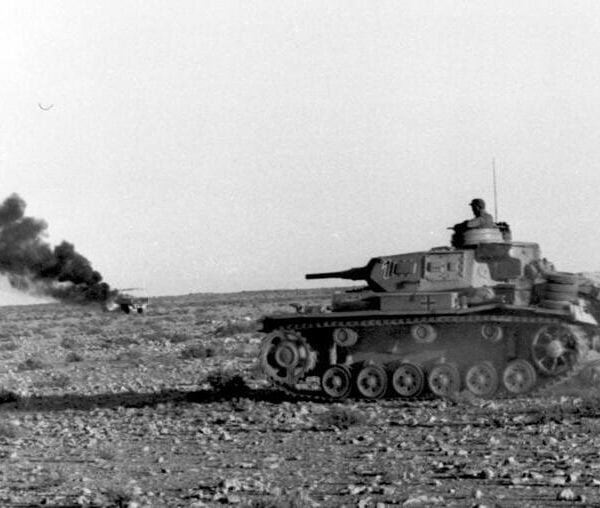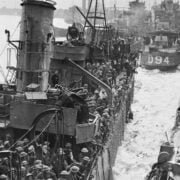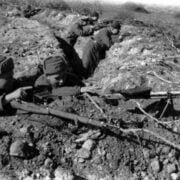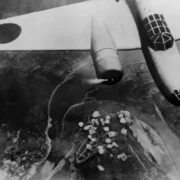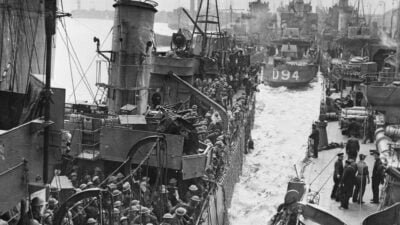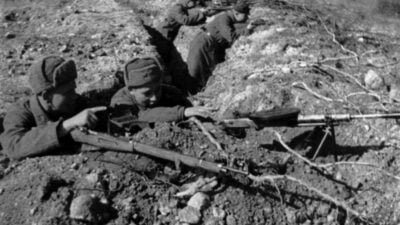The First World War, a global conflict that shook the 20th century, saw the participation of heroic resistance of Belgium, which faced unimaginable challenges during the conflict. In this article, we will explore Belgium’s crucial role, contributions and impact on the war.
Also Read: Julius Caesar: Roman General and Politician
German Invasion and Belgian Neutrality
In August 1914, Belgium was invaded by German forces, despite its declared neutrality. Belgian resistance, notably in the fortresses of Liège and Namur, surprised the invaders and delayed their advance towards France.
Refugees and Destruction
The German invasion brought about the destruction of cities and mass migration of Belgian refugees, who faced difficult conditions during the conflict. This tumultuous phase of the war left a lasting legacy in the country.
Battle of the Yser River and Trench Warfare
Belgium was instrumental in creating a defensive line along the Yser River, preventing the Germans from advancing toward the English Channel coast. The trench warfare established in this region lasted until the end of the war.
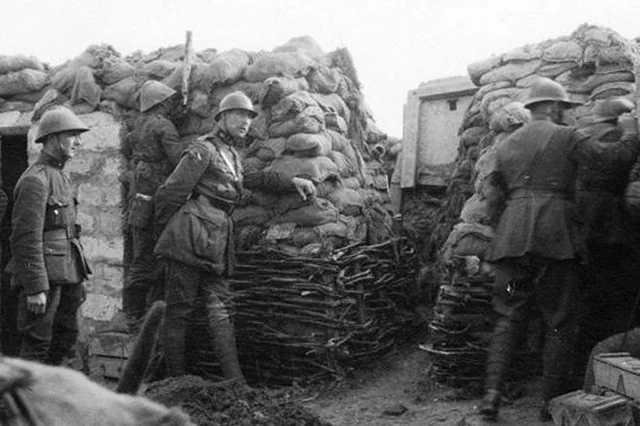
Medical and Humanitarian Contributions
Belgium played a significant role in providing medical care for the wounded and offering humanitarian aid. The Belgian Red Cross played a notable role, providing medical care and support to those in need.
Consequences and International Recognition
Belgium’s resistance was a crucial factor in slowing down the German advance and gained international recognition. The Treaty of Versailles, which ended the war, restored Belgium’s independence and ensured respect for its neutrality.
Conclusion
Belgium’s participation in World War I is a story of courage, resilience, and determination. Its role in military history stands as a testament to a nation’s ability to face unimaginable challenges. The legacy of Belgium in the Great War continues to be remembered as an example of heroism.”
What did you think of Heroic Resistance of Belgium?



